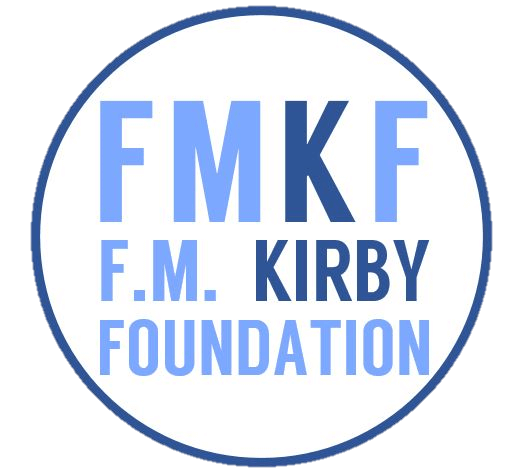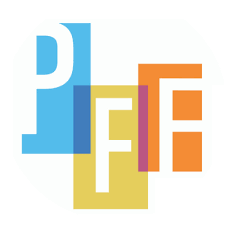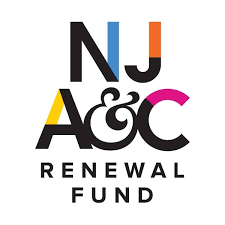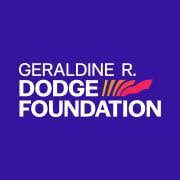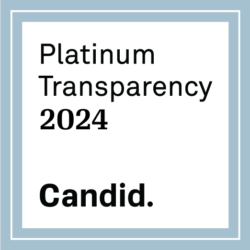Accessibility
Programs
 We strive to meet the needs of all students. Many of our programs are designed to engage students with a variety of disabilities or can be modified to meet students’ individual needs. Our Arts Education Staff members will work with you to choose the best program for your students.
We strive to meet the needs of all students. Many of our programs are designed to engage students with a variety of disabilities or can be modified to meet students’ individual needs. Our Arts Education Staff members will work with you to choose the best program for your students.
The following programming are examples of our programming that has been facilitated in schools and classrooms serving students with disabilities. Student populations served by the programming listed below included individuals who are medically fragile and technology dependent, wheelchair users, students who have autism, and students with developmental disabilities.
Poetry and Dance
Through movement explorations, students and their companions will explore the elements of dance including space, time, and energy. Movement explorations, pictures, and sensory objects are used as inspiration to create group poems that focus on multi-sensory experiences over the sense of the actual words. These interactive sessions aim at enabling students and adults to embody the qualities of dance and poetry while creating from a place of intuition. Music selections and/or instruments inspire and complement movement and poems.
Stop Motion Animated Films
Students use technology and personal narrative to explore the creative process of film-making. Using the daily living schedules and unique profiles of participating students, bold visuals, narration, and music are used to construct personal narratives into stop motion animated films. This programming offers students who show limitation in their ability to use spoken language an artistic medium of creative expression. Students can co-create digital resumes as a valuable tool to be used for transition planning and career development.
 The Language of Drumming
The Language of Drumming
Students gain hands-on experience playing, composing, conducting, and performing traditional and student-composed percussion music using congas, bells, shakers, guiros, found objects, and various sound effects or “toys.” Students learn and develop communication skills that are vital to playing music with others such as eye contact and full body listening. Focus is on the teamwork and awareness required to play in a class-sized ensemble with a student conductor leading the way. Finally, students compose short “rhythm poems” individually and in small trios or quartets.
Dance to Learn
In Dance to Learn, students are offered an inroad to kinesthetic learning, language development, and social skills. Students explore direction and timing while using assisted technology including visual supports and wheelchairs to move through space. Moving while seated or on the floor offers participants active participation in dance as an expressive opportunity to co-create choreography and experience joy.
Theater to Learn
Dramatic play is one of the richest learning experiences. In Theater to Learn, theater games and improvisational activities engage the imagination, reasoning, and problem solving skills of students and help them work well in a group. Familiar characters and stories come to life, and students have the chance to make up their own! Theater to Learn inspires imaginative play that supports a developing understanding of gesture, voice, point of view, empathy, and collaboration.
 Experimentation and Process: Learning through Making
Experimentation and Process: Learning through Making
In Learning Through Making, students experience art making techniques that foster fine motor skills, social skills, and creative development. Process-based experimentation with art materials and art making nurture student engagement, reflection, and revision. The workshop will allow for an open-ended approach to art making that encourages students to transform their experiences and knowledge into a one of a kind piece of art that reflects their understanding. This workshop will highlight the meditative, healing, and learning aspects of what happens when students create together.
Materials in Alternative Formats
We will provide material in alternative formats when a request is made two or more weeks prior to the scheduled program date.
To learn more, schedule a program, or request alternative format materials, please contact Michelle Marigliano at 609-243-9000 or mmarigliano@yanjep.org for more information.


